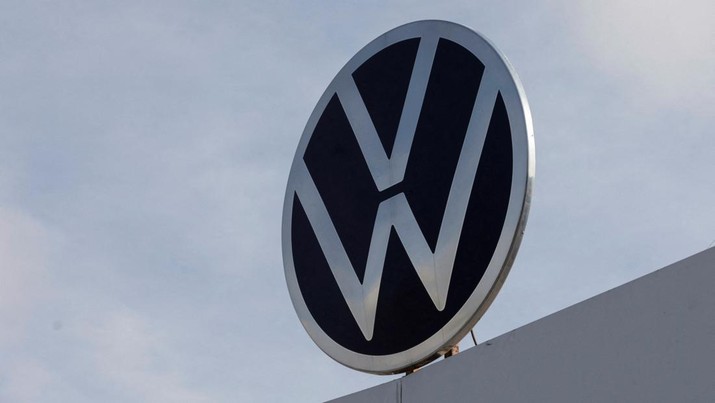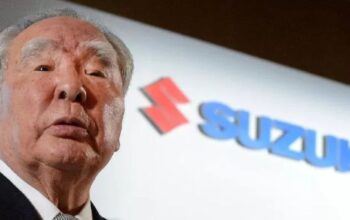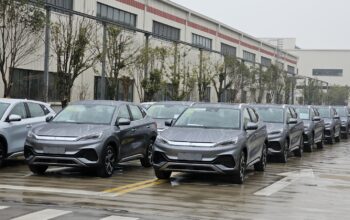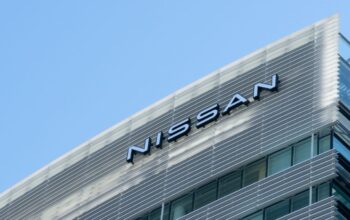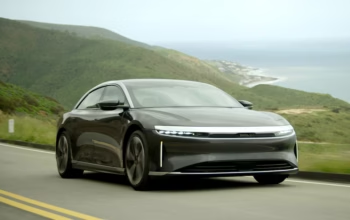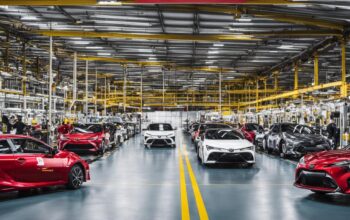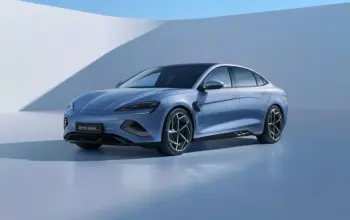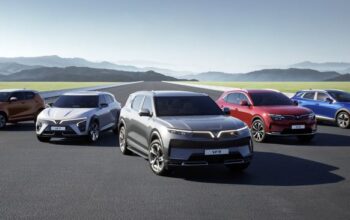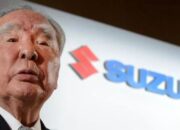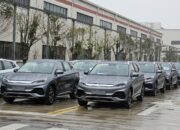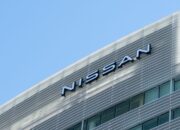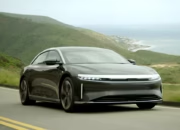Uzone.id – Volkswagen chief financial officer Arno Antlitz warned that Europe’s leading carmakers have about two or three years to prepare for tough competition from abroad, especially China.
Finally, he slashed the already tight schedule by a year, sending shock waves through the global auto sector by threatening to close factories in the company’s home market for the first time.
While the many challenges Volkswagen faces – from a weakening Chinese market to a slower-than-expected shift to electric vehicles, have haunted Volkswagen for a while, two recent developments have made things worse for the German group, according to interviews with seven company sources, investors, and analysts.
First, concerns are growing that its Asian rivals, including BYD, Chery, and Leapmotor, could go faster with their plans to build production capacity in Europe if Brussels goes ahead with plans for hefty import tariffs on Chinese-made electric vehicles.
Second, Volkswagen recently cut prices of VW brand cars to face stiffer competition, a move that works council chair Daniela Cavallo said has cost the company hundreds of millions of euros in profits.
Not only were the discounts bigger than initially expected, but they also convinced management that Germany’s high-cost base was jeopardizing Volkswagen’s ability to compete with nimbler rivals, a company source said, without providing details about the price cuts.
The source declined to be named due to the sensitivity of the issue. Volkswagen declined to comment, as quoted from Reuters.
“This is one of the biggest automakers in the world that doesn’t make big profits on that scale,” said Cole Smead, CEO of Volkswagen shareholder Smead Capital Management. “Do I think they can maintain production levels in a country where there is so little demand? That’s impossible.”
In addition to restructuring costs, the discounts have undermined the VW brand’s efforts to reduce costs by more than 10 billion euros ($11 billion) by 2026.
As a result, VW’s passenger car brand saw its profit margin decline to 0.9% in the second quarter from 4% in the first quarter.
By comparison, margins for Renault and Stellantis, Europe’s other two major automakers, were 8.1% and 10% respectively in the first half of the year.
VW’s shrinking margins – at a time when its Chinese rivals are increasing imports to Europe – have sparked concerns about what could happen if they produce locally in the future.
However, automakers – including China – are competing for a smaller share: Europe’s auto market is 13%, or two million vehicles, smaller than before the pandemic, CFO Antlitz said.
Citing the challenges, DZ Bank analyst Michael Punzet said he expected Volkswagen to again cut its full-year group margin target when it publishes third-quarter results.
It has cut its target to 6.5-7.0% in July due to provisions regarding the possible closure of the Audi subsidiary’s luxury factory in Brussels.
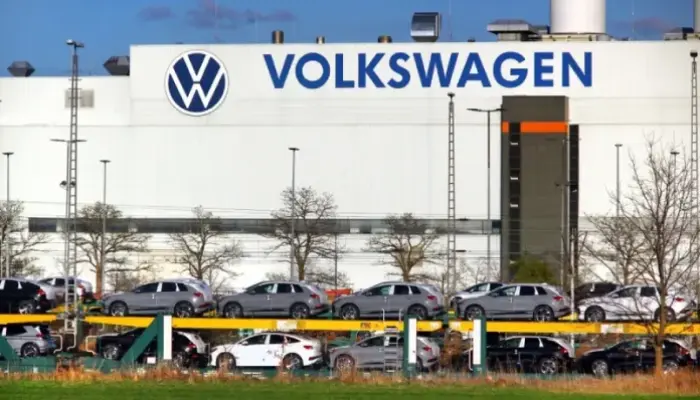
Cost Fight
As demand dwindles, selling cars to the mass market has become a battle over who can produce the car at the lowest price.
“The thought of finding solutions through growth is gone. Everyone is losing share, and the company needs to readjust,” said Jefferies analyst Philippe Houchois.
Antlitz said last week that the VW brand – which accounted for more than half of the group’s output last year – had been burning through more cash than it earned for some time, and added that the company would not succeed if the trend continued.
Volkswagen’s automotive cash flow, a key measure of operational health, turned negative in the first half of 2024 to minus 100 million euros, versus positive 2.5 billion in the same period last year. Tight competition is not only a domestic problem.
Profits from China, Volkswagen’s biggest market, have almost halved in the past decade to 2.6 billion euros in 2023. It is expected to rise to around 3 billion euros by 2030, but its earnings will barely recover.
Another big problem is energy and labor costs in Germany, which are among the highest costs in Europe and are also a big problem for the country’s chemical and steel sectors.
“New cheaper competition, higher energy prices, and high labor costs all align with a very difficult outlook, especially for European mass brands,” Citi analysts said this week.

